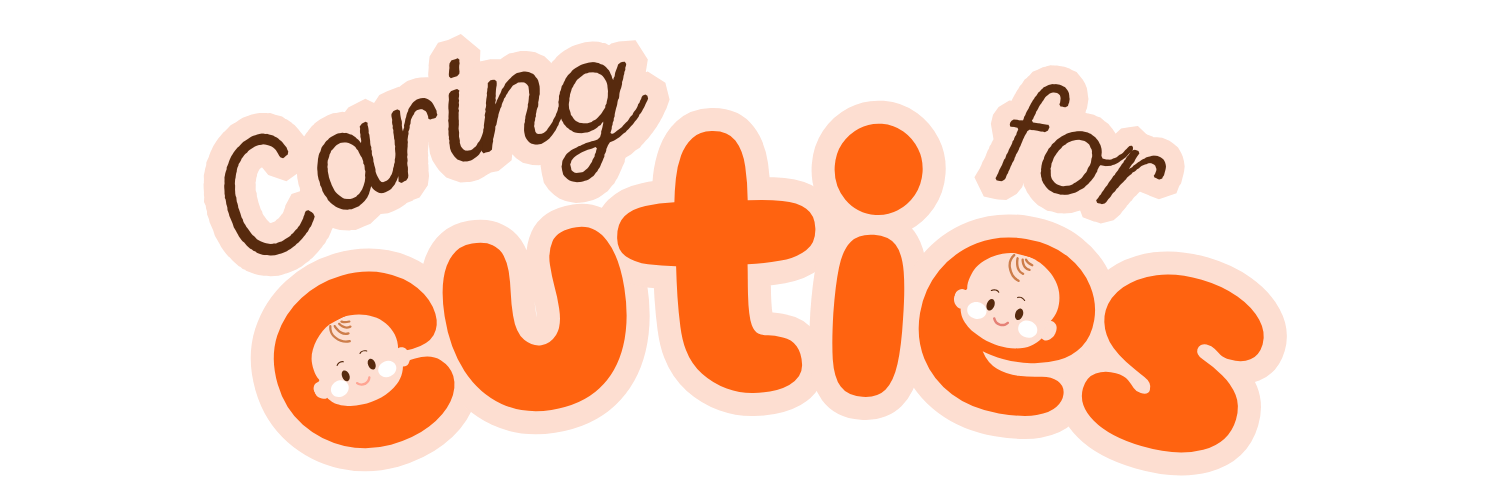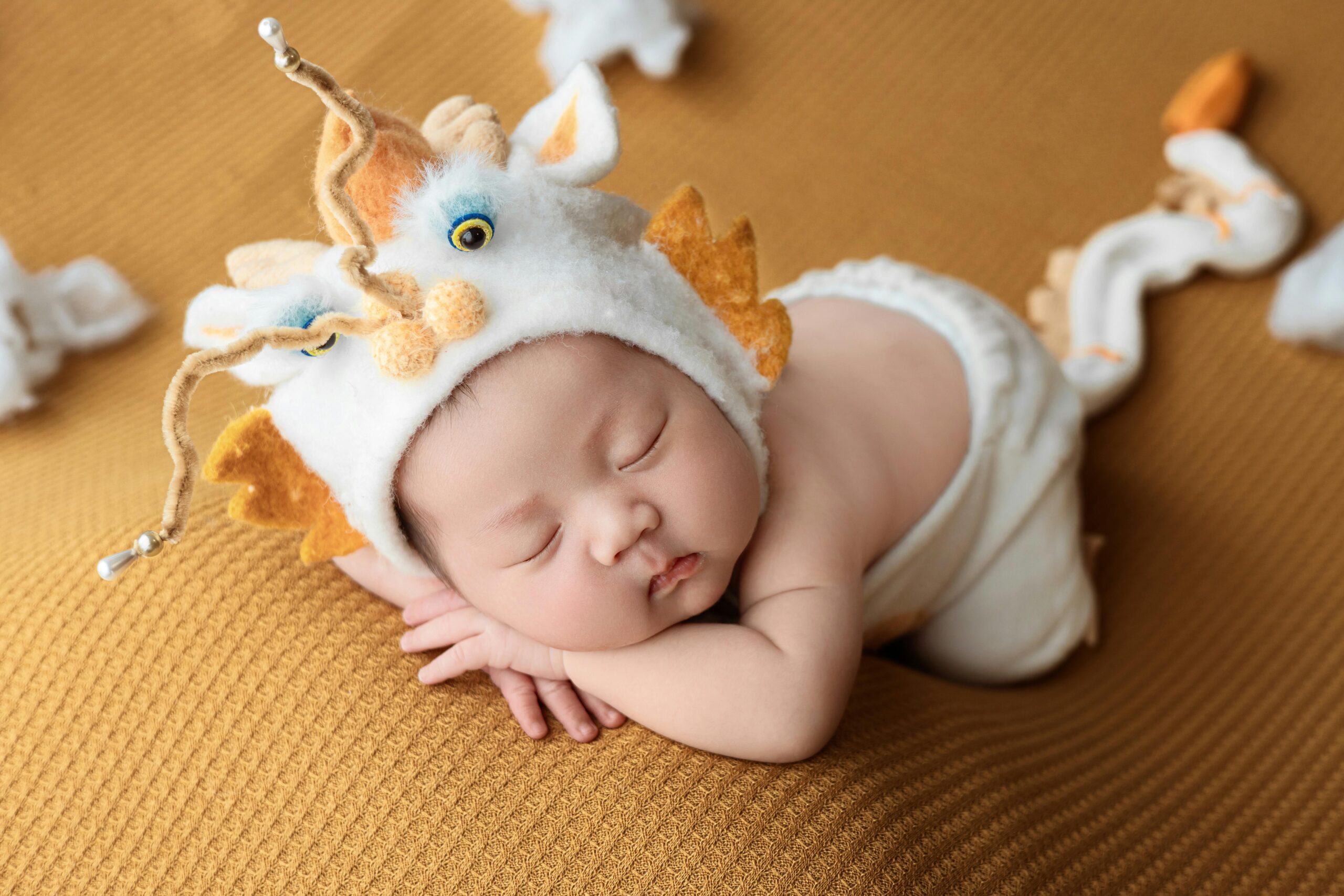Getting your newborn to sleep can be tough for many parents. Newborn sleep training techniques are key to good sleep habits. They help parents create a sleep routine for their baby.
Newborn sleep solutions aim to make a sleep-friendly environment. This helps the baby sleep better.

Knowing about newborn sleep patterns is important. Sleep training for newborns needs patience and consistency. The right approach helps babies sleep well for life.
Key Takeaways
- Newborn sleep training techniques are essential for establishing healthy sleep habits in infants.
- Sleep training for newborns helps parents develop a routine that ensures their baby gets the required amount of sleep.
- Newborn sleep solutions can vary, but the goal is to create a sleep-conducive environment that promotes better sleep for the baby.
- Understanding newborn sleep patterns and development is key to implementing effective newborn sleep training techniques.
- Consistency and patience are important when using newborn sleep training techniques.
- Newborn sleep solutions can help parents solve common sleep problems.
Understanding Newborn Sleep Patterns and Development
Newborn sleep patterns are unique and change as the baby grows. It’s important to establish healthy sleep habits for newborns. A newborn sleep schedule can be unpredictable, but knowing typical sleep cycles helps parents.
Newborns have short sleep cycles, lasting about 30-45 minutes. As they grow, their sleep cycles get longer. A consistent sleep schedule helps regulate their sleep and ensures they rest well.
Typical Sleep Cycles in Newborns
Newborn sleep cycles include active, quiet, and transitional sleep. Active sleep has rapid eye movements. Quiet sleep has slower eye movements. Transitional sleep is a light sleep phase that helps them move between cycles.
Sleep Requirements by Age
Sleep needs change with age. Newborns (0-3 months) need 14-17 hours of sleep daily. Infants (4-11 months) need 12-15 hours. Healthy sleep habits, like a consistent schedule and a sleep-friendly environment, are key.
Common Sleep Pattern Changes
As newborns develop, sleep patterns change. For example, they may wake up more at night around 4-6 months. A consistent sleep schedule and a sleep-friendly environment can help manage these changes.
Understanding newborn sleep patterns and development helps parents establish healthy sleep habits. This ensures newborns get the rest they need to grow and thrive.
When to Start Sleep Training Your Newborn
Studies show sleep training can start as early as a few weeks. Newborns as young as 2-3 weeks can start forming sleep habits. Early introduction of newborn sleep training techniques helps babies develop good sleep habits for life.
When thinking about sleep training for newborns, consider the baby’s age, development, and needs. Some babies are ready sooner, while others need more time. Here are key points to think about when deciding when to start:
- Age: Most babies are ready for sleep training between 4-6 months old.
- Development: Babies growing normally and with a regular sleep cycle are more open to training.
- Individual needs: Some babies, like those with reflux or colic, may need special care before training starts.
Understanding these factors and starting sleep training for newborns at the right time helps. It improves sleep quality for the whole family.
| Age | Sleep Training Readiness |
|---|---|
| 2-3 weeks | May start developing sleep associations and habits |
| 4-6 months | Typically ready for sleep training |
Signs Your Baby is Ready for Sleep Training
As a parent, knowing when your baby is ready for sleep training is key. This journey can be tough, but with the right baby sleep training tips, you can guide your newborn to healthy sleep habits. Spotting the signs that your baby is ready to begin is a critical step.
Physical Readiness Indicators
Physical signs are important to check if your baby is ready for sleep training. These include a regular sleep schedule, the ability to calm down on their own, and being full before bedtime. Using gentle sleep training for newborns techniques can help your baby reach these milestones.
Behavioral Cues to Watch For
Behavioral signs are also key to knowing if your baby is ready for sleep training. Look for yawning, rubbing their eyes, and less activity. By noticing these signs, you can start using baby sleep training tips to help your newborn sleep better.
Age-Appropriate Milestones
Age-related milestones are also important for sleep training readiness. Most babies are ready between 4-6 months. By using gentle sleep training for newborns and watching for these milestones, you can help your baby sleep well for years to come.
| Age | Sleep Training Readiness |
|---|---|
| 4-6 months | Most babies are ready for sleep training |
| 6-9 months | Babies can start to self-soothe and develop consistent sleep schedules |
| 9-12 months | Babies can continue to develop healthy sleep habits with consistent sleep training |
Essential Newborn Sleep Training Techniques
Research shows that there are many newborn sleep training techniques that work well. Sleep training for newborns is key for their growth and health.
Some important newborn sleep training techniques include:
- Creating a bedtime routine to tell the baby it’s sleep time
- Setting up a room that’s dark and quiet for sleep
- Using white noise to keep out background sounds
- Keeping the baby calm and ensuring they sleep enough during the day
Using these newborn sleep training techniques helps babies sleep better. Remember, every baby is unique. So, be patient and flexible when trying sleep training for newborns.
Creating the Perfect Sleep Environment
Studies show that a newborn’s sleep environment is key. To make a sleep-friendly space, think about temperature, lighting, noise, and a safe sleep surface. These steps help babies sleep better and solve common sleep issues.
To make a cozy sleep area, keep the room at 68-72°F (20-22°C). Use dim lights and keep noise down. Here are some tips for a great sleep space:
- Maintain a room temperature between 68-72°F (20-22°C) to promote comfortable sleep.
- Use curtains or blinds to block out light and create a dark environment.
- Invest in a white noise machine to mask any background noise.
Also, a safe sleep surface is vital. Use a firm mattress and keep the area free from toys or objects that could be harmful.
By following these tips, parents can help their newborns sleep well. This leads to better sleep habits and solves common sleep problems.
| Factor | Recommendation |
|---|---|
| Temperature | 68-72°F (20-22°C) |
| Lighting | Dim lighting |
| Noise Control | Use a white noise machine |
Establishing a Bedtime Routine
Creating a bedtime routine is key for establishing healthy sleep habits for newborns. It helps them learn to fall asleep on their own. Start by setting a regular newborn sleep schedule and keep to it.
A bedtime routine can include bath time, reading, and singing. These activities tell the newborn it’s time for sleep. Make sure the room is dark, quiet, and comfy.

- Keep the routine the same, even on weekends
- Stay away from exciting activities before bed
- Make the atmosphere calm, like playing soft music
By following these tips, parents can help their newborns sleep better. This improves the quality of their sleep.
Consistency is key when it comes to establishing a bedtime routine. Sticking to a regular schedule and routine helps newborns feel secure and develop healthy sleep habits.
Common Sleep Training Challenges and Solutions
Many parents face challenges with their newborn’s sleep. But, with the right tips, these problems can be solved. This leads to healthy sleep habits for your baby. Research shows that knowing these challenges and having a plan is key.
Parents often deal with night wakings, sleep regressions, and feeding issues. To tackle these, try a consistent sleep routine and a sleep-friendly environment. For instance, a bedtime routine helps your baby know it’s sleep time.
Dealing with Night Wakings
Night wakings are a big challenge. To handle them, find out why your baby is waking up. It might be hunger or discomfort. Also, a consistent sleep routine and a cozy sleep environment can help.
Managing Sleep Regressions
Sleep regressions are another hurdle. Be patient and flexible, as they’re a normal part of growth. A consistent sleep routine and a cozy sleep space can also help.
Addressing Feeding Issues
Feeding problems are common too. To solve them, have a regular feeding schedule and a cozy sleep area. Avoid over or underfeeding to keep sleep patterns steady.
By knowing these challenges and having a plan, parents can help their babies sleep well. The right tips can lead to a lifetime of good sleep habits.
| Challenge | Solution |
|---|---|
| Night Wakings | Establish a consistent sleep routine, create a sleep-friendly environment |
| Sleep Regressions | Be patient and flexible, establish a consistent sleep routine, create a sleep-friendly environment |
| Feeding Issues | Establish a consistent feeding routine, create a sleep-friendly environment, avoid overfeeding or underfeeding |
Safety Considerations During Sleep Training
When it comes to newborn sleep solutions, safety is key. Research shows that a safe sleep area is vital for a baby’s health. Parents should know about dangers and how to avoid them. This means creating a sleep-friendly space with a firm mattress and tight sheets.
Some important safety tips during sleep training include:
- Placing the baby on their back to sleep
- Using a sleep sack or swaddle to prevent overheating
- Ensuring the sleep environment is at a comfortable temperature
- Avoiding soft bedding and loose objects in the sleep space
By following these tips and using good sleep training methods, parents can help their baby sleep well.
The Role of Parents in Sleep Training Success
Parents are key to helping newborns sleep better. They can set up a routine and a sleep-friendly space. This helps newborns learn to sleep well. It takes patience, effort, and teamwork from both parents.
Here are some ways parents can support their newborn’s sleep training:
- Maintaining a consistent sleep schedule
- Creating a dark, quiet sleep environment
- Establishing a bedtime routine
- Avoiding overstimulation before bedtime
By using these strategies, parents can help their newborns sleep well for years to come.

| Strategy | Benefits |
|---|---|
| Consistent sleep schedule | Regulates newborn’s internal clock |
| Dark, quiet sleep environment | Promotes better sleep quality |
| Bedtime routine | Signals to newborn that it’s time for sleep |
Tracking and Measuring Sleep Training Progress
Tracking and measuring progress is key in baby sleep training. By watching your newborn’s sleep, you can see what works and what doesn’t. Gentle sleep training for newborns needs patience, consistency, and flexibility.
Using sleep logs is a great way to track progress. These logs show patterns and trends in your baby’s sleep. They give insights into their growth. Key things to track include:
- Sleep schedule and duration
- Feeding times and amounts
- Wake-up times and reasons for waking
Identifying Success Markers
It’s important to know when you’re making progress. Success markers are things like longer sleep, better sleep quality, and fewer nighttime wakings. Seeing these markers helps you improve your approach.
When to Adjust Your Approach
If progress is slow, it’s time to try something new. You might need to change your baby’s sleep space, their schedule, or try different sleep training methods. Being flexible and responsive helps your baby develop good sleep habits for life.
| Age | Sleep Duration | Wake-up Times |
|---|---|---|
| 0-3 months | 14-17 hours | 8-12 times |
| 4-6 months | 12-15 hours | 4-8 times |
| 7-9 months | 12-14 hours | 2-4 times |
When to Seek Professional Help
Dealing with newborn sleep problems can be tough for parents. If you’re finding it hard to solve these issues, it’s time to get help. Experts say there are times when parents need professional advice for their baby’s sleep.
Look for signs like ongoing sleep issues or trouble setting a bedtime routine. It’s essential to trust your instincts and ask for help if you’re feeling stuck or worried. This is key to solving your baby’s sleep problems.
A healthcare professional can offer tailored advice and support. They can spot the root causes of your baby’s sleep issues and help you tackle them. Getting professional help can give you peace of mind and the support you need for better baby sleep.
When looking for help, consider pediatricians, sleep consultants, and online groups. By seeking help and finding the right resources, you can beat newborn sleep problems. You’ll find solutions that work for you and your baby.
Recap
Newborn sleep training techniques are essential for establishing healthy sleep habits in infants. These methods help parents create a consistent sleep routine, ensuring their baby gets the necessary amount of rest. By understanding newborn sleep patterns and implementing effective strategies, parents can foster a sleep-friendly environment that promotes better sleep for their little ones.
Conclusion: Building Healthy Sleep Habits for Life
Creating healthy sleep habits for newborns is key for their well-being. By using newborn sleep training techniques from this article, parents can help their babies sleep well for life. It’s important to be consistent and patient in this journey.
Every baby is different, and their sleep needs change as they grow. Listen to your child’s needs, track their sleep, and adjust your methods if needed. With effort and the right methods, your newborn can develop good sleep habits for the future.
Focus on newborn sleep training to support your child’s health. Building strong sleep habits early helps your baby succeed and stay focused in all areas of life.
FAQ
What are the most effective newborn sleep training techniques?
The Ferber method, Sleep Fading, and Bedtime Fading are top techniques. They help newborns learn to fall asleep on their own.
When is the best time to start sleep training a newborn?
Experts say start sleep training at 4-6 months. This age is when they can self-soothe better.
What are the signs that a newborn is ready for sleep training?
Look for signs like staying awake longer and falling asleep alone. Physical readiness and age milestones are also important.
How can I create the perfect sleep environment for my newborn?
For a good sleep space, keep it cool, use soft lights, and quiet it down. A safe sleep area is key.
What are some common sleep training challenges and how can I overcome them?
Night wakings, sleep regressions, and feeding issues are common. Stay consistent, manage your sleep, and team up with your partner.
What safety considerations should I keep in mind during sleep training?
Safety first. Ensure a safe sleep area, follow guidelines, and watch your baby closely.
How can I track and measure the progress of my newborn’s sleep training?
Use a sleep log to track progress. Look for longer sleep, fewer wakings, and better self-soothing.
When should I seek professional help for my newborn’s sleep problems?
If sleep issues persist, get help from a pediatrician or sleep specialist. They can offer personalized advice.





